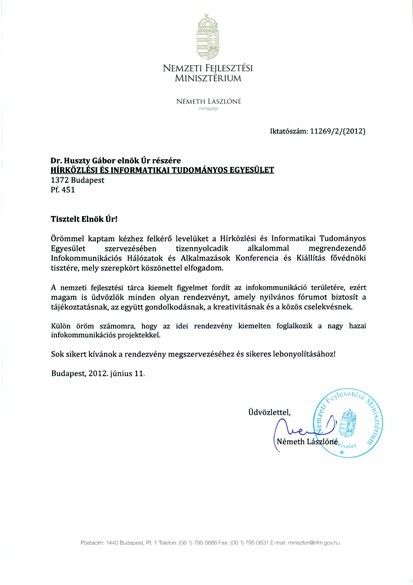Yasir Ahmed Idris Humad, and Levente Dudás
Resonant Radar Reflector On VHF / UHF Band Based on BPSK Modulation at LEO Orbit by MRC-100 Satellite
This paper presents a novel method for identify ing and tracking PocketQube satellites: the MRC-100 satellite is a model, and this method is based on a resonant radar reflec tor. The resonant reflector’s basic concept is that the resonant reflector uses a VHF/UHF communication subsystem antenna; there is no radiated RF signal, which means the power con sumption is only some Milliampere (mA). The continuous wave (CW) illuminator RF source is on the ground, and the onboard antenna receives the CW RF signal from the Earth. The micro controller (uC) periodically switches PIN diode forming BPSK modulated signal reflection so that another Earth station can receive the backscattered Binary Phase Shift Keying (BPSK) modulated signal. Also, it can detect the satellite if the ground station receiver can use a matched filter like a correlation re ceiver. If the ground station receiver knows the BPSK code of the satellite, it can detect it. If not, there is no way to detect the satellite. This method is similar to Radio Frequency Identifica tion (RFID) applications, but the reader is the ground station, and the tag is the satellite.
Reference:
DOI: 10.36244/ICJ.2024.1.4
Please cite this paper the following way:
Yasir Ahmed Idris Humad, and Levente Dudás, "Resonant Radar Reflector On VHF / UHF Band Based on BPSK Modulation at LEO Orbit by MRC-100 Satellite", Infocommunications Journal, Vol. XVI, No 1, March 2024, pp. 26-34., https://doi.org/10.36244/ICJ.2024.1.4

